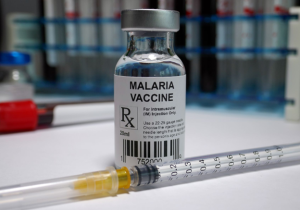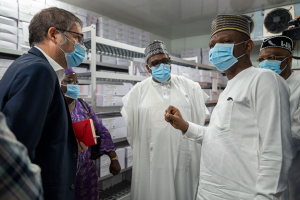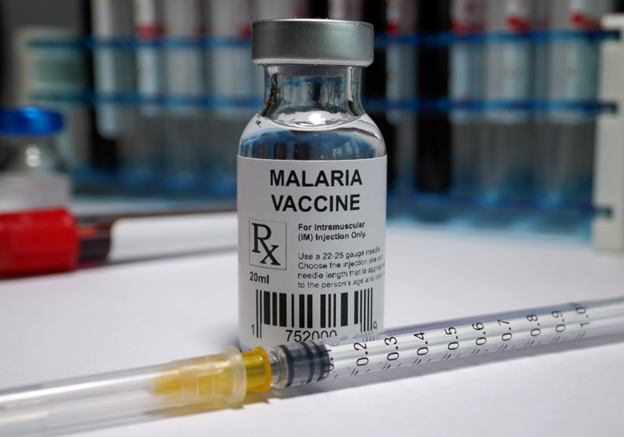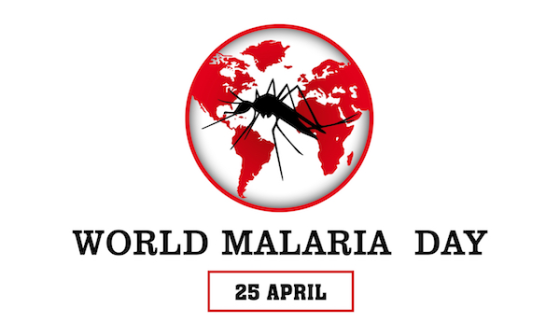Introduction
Nigeria’s historic vaccine rollout in November 2024 marks a new chapter in the fight against malaria.
Nigeria is responsible for a sizable share of the world’s malaria cases and fatalities, making malaria one of the most enduring public health issues in the nation. The World Health Organization (WHO) estimates that malaria causes hundreds of deaths worldwide each year, with Nigeria bearing about 31% of this burden. As of 2021, there was an estimated 68 million cases and under 200 deaths in Nigeria alone.

Credit: The Scientist
For generations, malaria, a disease spread by mosquitoes, has been a major public health concern in Nigeria. The development of vaccines to prevent malaria offers a revolutionary chance to fight this fatal illness.
This article aims to discuss the vaccine, its benefits, challenges and way forward.
Nigeria’s Malaria Burden
The Anopheles mosquito, which is the main vector of malaria, thrives in Nigeria due to its climate and surroundings. Children under five and pregnant women are disproportionately affected by the condition, which makes it a major source of death and morbidity in these susceptible populations.
The introduction of a vaccine provides an extra layer of protection, even though preventive techniques like environmental sanitation, medications, indoor residual spraying (IRS) and insecticide-treated nets (ITNs) have shown success.
The RTS, S and R21 Vaccine

Credit: UNICEF/ Moses
The malaria vaccine being used in Nigeria is the R21 vaccine, developed by Oxford University and manufactured by Serum Institute of India (SII). The World Health Organization (WHO) prequalified the R21 vaccine in December 2023.
According to UNICEF, the vaccine requires four doses that will be administered to children under one year of age as part of Nigeria’s Routine Immunization schedule. The WHO advises that a 5th dose may be given one year after dose 4 in areas where there is a significant malaria risk.
The first malaria vaccine approved by the WHO is RTS, S/AS01 (marketed under the name Mosquirix). It targets the most deadly malaria parasite found in sub-Saharan Africa, Plasmodium falciparum. According to clinical studies, when given to children under five, the vaccine reduces the incidence of severe malaria by roughly 30%.
Lastly, the WHO says research has demonstrated that the R21 and RTS, S vaccines are both safe and effective in preventing childhood malaria, and they are anticipated to have a significant influence on public health. Programmatic features, vaccine supply, and vaccine pricing should all be taken into consideration when deciding which product to utilise in a certain nation.
Anticipated Benefits and Difficulties
There are many advantages to the introduction of the malaria vaccine, such as:
- Decreased mortality: Significantly fewer children under five dying.
- Economic benefit: As fewer individuals get sick, production increases and healthcare expenses decrease, therefore increasing the country’s economic fortune.
- Improved public health: Possible herd immunity, substantially reducing the malaria burden and supplementing current treatments such as antimalarial medications.
Nevertheless, difficulties may include:
- Logistics: Making sure cold chain distribution and storage are possible in rural locations with the electricity and transportation struggles the country currently faces.
- Vaccination acceptance: Despite education and numerous campaigns, Nigerians are still skeptical about vaccines and vaccination. However, this can be combated by using education and awareness through initiatives by governmental, private and non-governmental organizations to combat vaccination hesitation.
- Funding: Vaccines cost money, and the country will need to work to maintain financial backing for vaccine availability over the long run.
Conclusion
One effective new weapon in the fight against malaria is the vaccination. Nigeria is taking the lead in eradicating malaria and creating a better future for its citizens by embracing innovation and utilising science.
With its potential to improve public health outcomes and save countless lives, the malaria vaccine is a ray of hope for Nigeria. However, communities, healthcare providers, and government organisations must work together to succeed.
Aside from prevention, Wellahealth still provides affordable and accessible healthcare plans that cover investigations, treatment, and medications. To learn more about it, contact us today!
Article written by Dr. Ifeoma M. Uduh (BDS)
Edited by Dr. John Afam-Osemene (MBBS, DA)






